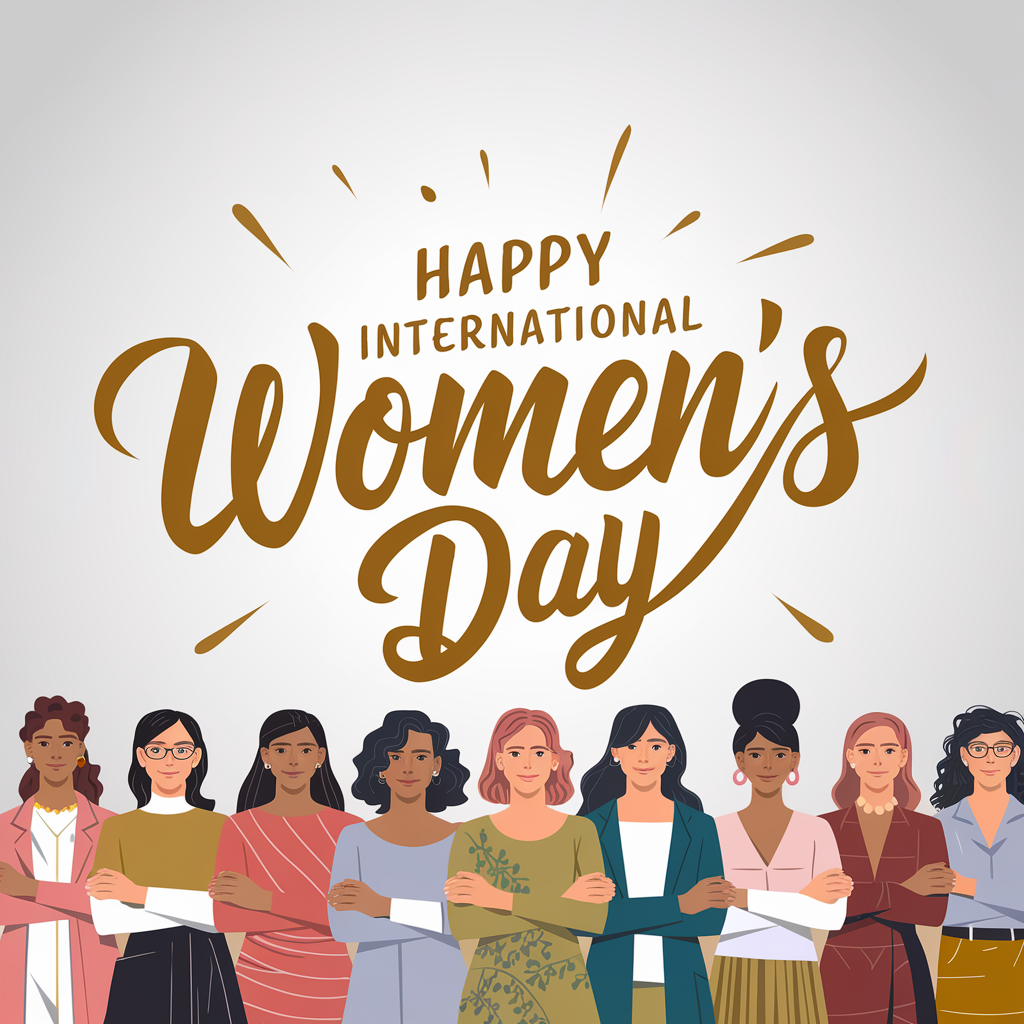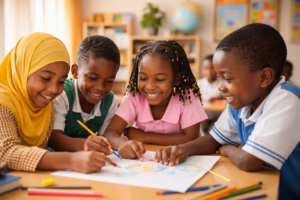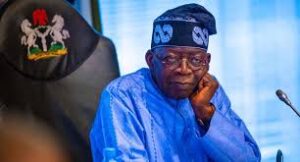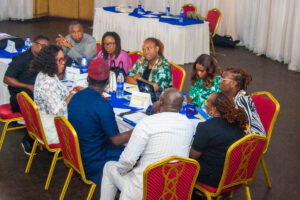
March 8, 2025 like every other year the world will come together to celebrate International Women’s Day (IWD) this year under the powerful and urgent theme: “Accelerate Action.” And honestly, this theme is more than just a rallying cry; it is a clear acknowledgment that progress towards gender equality has been far too slow. For Nigeria, this message holds particular significance.
The Nigerian Context: Progress Delayed, Potential Undermined
Despite decades of advocacy, policy reforms, and global commitments, Nigerian women and girls continue to face significant barriers across economic, political, and social spheres. While there have been laudable efforts, the reality is that change has not happened at the scale or pace necessary to close the gender gap. From underrepresentation in leadership and decision-making positions to deep-rooted cultural norms that limit women’s access to education, economic opportunities, and healthcare; the Nigerian gender landscape remains fraught with challenges.
Beyond Global Acceptability – The Need for Authentic Commitment
It is no longer enough for Nigeria to adopt gender-inclusive language in policies, strategies, and speeches to align with global expectations. True gender equality in Nigeria must be driven not by the desire for international validation but by a deep understanding of how gender inequality hinders national development and limits our collective potential.
Women make up nearly half of Nigeria’s population, yet they are underutilized in governance, underrepresented in business leadership, and overburdened in unpaid care work. Accelerating action means recognizing that gender inclusivity is not a favour to women; it is a strategic imperative for Nigeria’s socio-economic transformation… Yes, the narrative isn’t as stifling but the reality is far from perfect.
Laws and Policies Alone Are Not Enough
While Nigeria has passed several gender-focused policies, including the “National Gender Policy” and “laws addressing gender-based violence” implementation remains weak. However, even if all policies were perfectly implemented, they would still only address part of the problem.
The real challenge lies in changing mindsets and deeply entrenched societal norms that define the value, roles, and capabilities of women and girls in Nigeria. Legal frameworks can create enabling environments, but laws cannot legislate attitudes. For true progress, behavioral change and cultural shifts are essential.
The Mindset Shift We Need
Accelerating action in Nigeria requires:
- Challenging Stereotypes: From homes to classrooms, workplaces to places of worship, we must disrupt the narratives that depict women as secondary contributors.
- Raising a Generation with Gender Equity Values: Gender equality should not be framed as a battle of the sexes, but as a path to a more just, balanced, and prosperous society.
- Leadership by Example: Political, business, and community leaders must not only talk about gender equality but most model it in their structures, policies, and practices.
- Engaging Men and Boys: The fight for gender equality is not for women alone. Men and boys must actively participate in breaking biases and redefining masculinity in ways that do not thrive on the oppression of women.
Behavioral Change at Every Level
Achieving gender equality in Nigeria will not happen solely through policies or institutional reforms though good. It requires everyday actions by individuals, families, and communities.
- Parents must teach their children that both sons and daughters deserve equal opportunities at everything.
- Employers must create workplaces where gender bias is actively dismantled.
- Media and cultural influencers must promote positive narratives about women’s capabilities and achievements without tones.
- Religious and traditional leaders, who shape values at the grassroots level, must actively champion inclusion and equity.
The Urgency of Now
With Nigeria facing economic uncertainties, growing insecurity, and a youthful population hungry for opportunity, there has never been a more critical time to accelerate action for gender equality. Nigeria cannot afford to leave half its population behind.
IWD 2025 is not just a day to celebrate women — it is a moment to commit to the urgent and sustained action needed to transform mindsets, reform policies, and drive behavioral change. If we truly want to build a more prosperous, inclusive, and equitable Nigeria, the time to accelerate action is now.
Let this year’s International Women’s Day remind us that gender equality is not a women’s issue — it is a national development imperative. And for Nigeria, the journey from policy to practice, from mindset to reality, starts with all of us.






